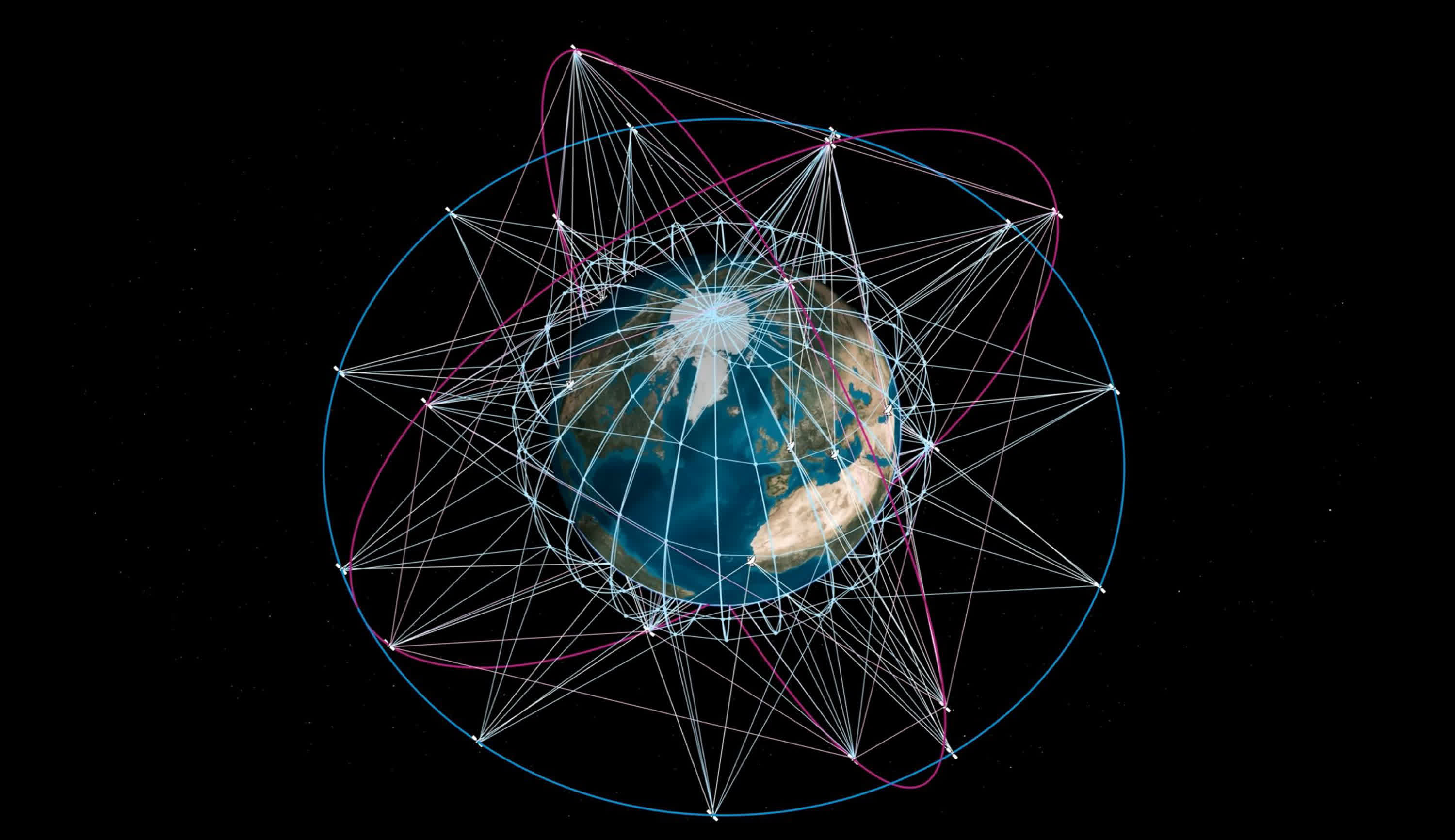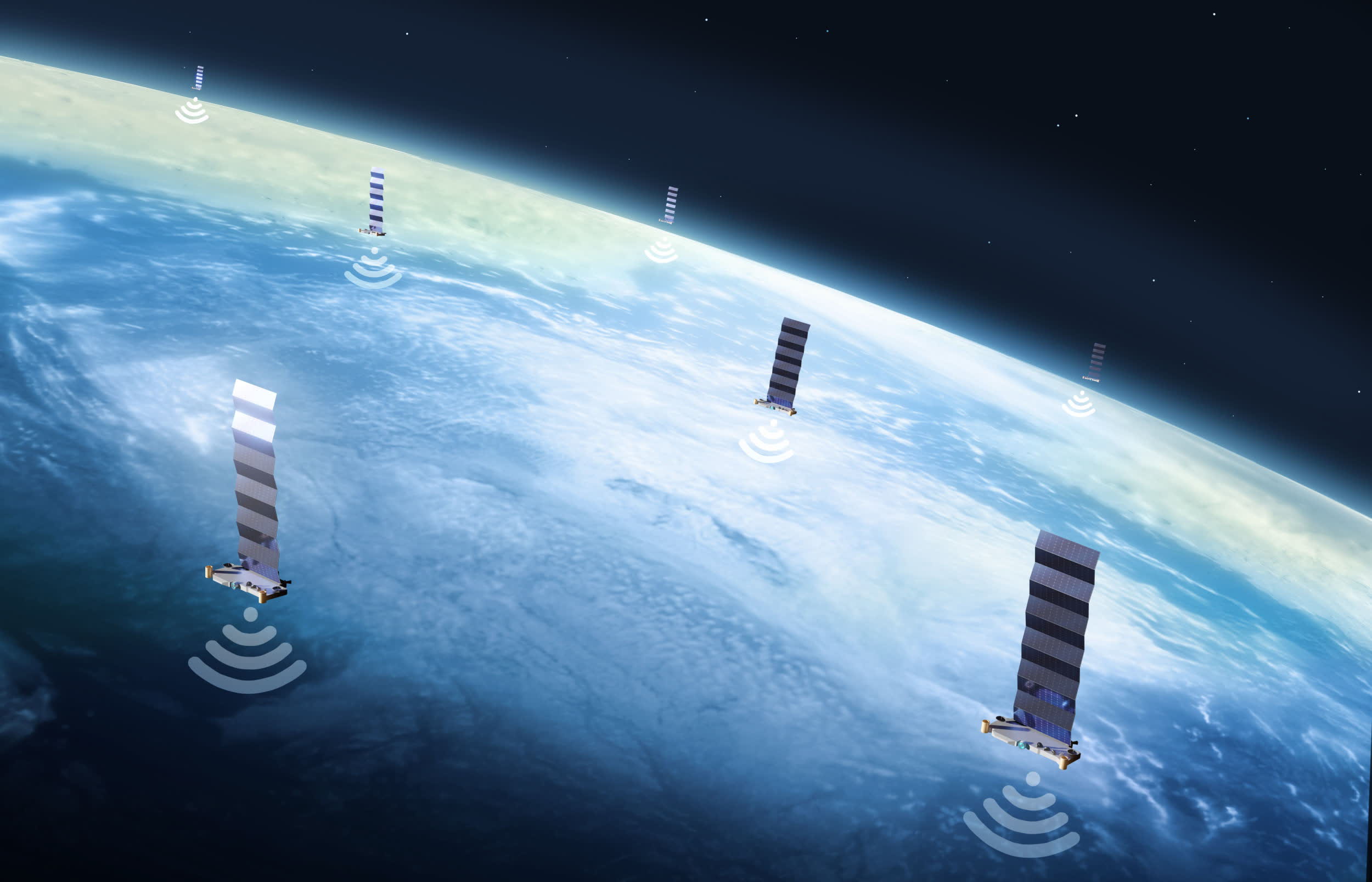Why it matters: Europe is betting on its own homegrown space expertise to create a new communication network free of Elon Musk's (or even China's) influence. Thus, a new coalition is born with the ambitious goal of building the network in a very short time frame.
Last November, European Union Commissioner Thierry Breton announced a plan for a satellite constellation capable of providing global communication coverage. IRIS² would put the new satellite fleet in low-Earth orbit, boosting Europe's autonomy in the space communication market with a "clear ambition and sense of direction."
Now, a group of major European space and telecom companies has formed a partnership conceived to effectively answer Brussels' call to action. The "open consortium" will be governed by Airbus Defence and Space, Eutelsat, Hispasat, SES, and Thales Alenia Space, while also relying on space expertise provided by the following European companies: Deutsche Telekom, OHB, Orange, Hisdesat, Telespazio, and Thales.
The consortium is being formed with the aim to create a "state-of-the-art satellite constellation" based on a multi-orbit architecture, which will be interoperable with the terrestrial communication ecosystem. To minimize bureaucratic issues and promote efficiency, an integrated team with "best-in-class" talents will be formed as well.

The IRIS² network will bring a new secure and resilient connectivity infrastructure to European governments, businesses and citizens, the coalition highlights. And while the initiative is promoted by already established space players, the consortium says it will encourage start-ups, mid-Cap and SME companies to join the partnership for a more innovative and competitive European space market.
With IRIS², Europe is investing € 2.4 billion (plus additional funds from the European Space Agency and private investors) to create new business models and provide commercial services to "bridge the digital divide across European territories," while increasing the Old Continent's global outreach and competitiveness as a "space and digital power" on par with other global players.
As a matter of fact, the European Commission felt it needed to avoid relying on Elon Musk's Starlink initiative for its own secure and resilient space communication network. China is also in the process of building its satellite fleet, but Europe cannot possibly go the Asian route if it doesn't even trust US-based Starlink to guarantee its own autonomy and self-reliance.
Brussels' plans for IRIS² estimate a total cost of € 6 billion to complete the new space network. If everything goes according to plan, and the new coalition can overcome the many obstacles posed by Europe's fragmented and contentious structure, global communication coverage could be ready by 2027.
